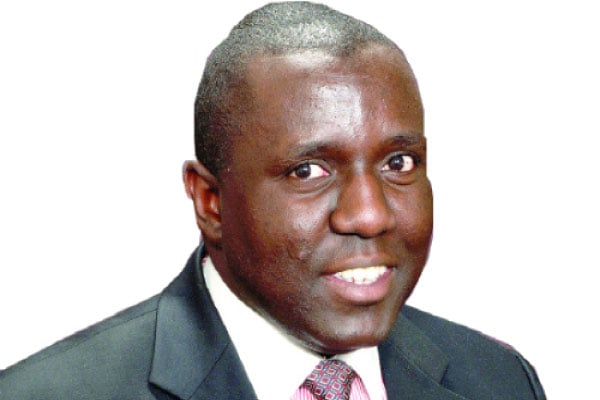How minister of Finance must turn fortunes of the economy

Author: Mr Karoli Ssemogerere is an Attorney-at-Law and an Advocate.
What you need to know:
After decades of declining employment opportunities, some sectors may pick up in the medium term if the oil dividend materialises
It is no secret the economy has been struggling since 2018 a combination of a global economic slowdown, weak commodity prices, a delayed production decision in oil, and in the last two years, the Covid-19 pandemic that shut down a substantial portion of the economy.
When the Minister of Finance reads the budget he will seek to capture optimism but will also be staring a few uncertainties.
First is the steep rise in the cost of debt servicing and debt repayments. Government borrowing is at an all-time high and true to past patterns, election years present the same challenge, an appetite for debt to meet political promises and speed up programme implementation. Interest rates on long term debt hit 21 per cent in the run-up to the 2021 general elections.
The rise in the cost of debt servicing has been felt most by the local governments whose share of the resource envelope continues to drop to just one third of the resource envelope compared to the central government, which is growing especially the cost of public administration, defence etc.
In many parts of the country, payroll is the remaining major activity as government has centralised road maintenance, education, management of natural resources, health services, etc.
The long term effect of central financial consolidation a major condition by donors in 2015 has made the central government far more powerful than ever, as local governments shorn of independent revenue are little more than tax collection and administrative agents of the central government.
That said, there is cause for optimism. First, after decades of declining employment opportunities, some sectors may pick up in the medium term if the oil dividend materialises. The Shs/$ rate has spent the week firming up clawing back Shs50 in the first days of the week. Post covid-19, Uganda is importing less, stressing the taxman, but better for the country.
Some measures like the national content law may place Ugandans ahead of earlier producers finding a more educated population and the information technology world may actually pad the local tax resource.
In its most recent financial, MTN Uganda reported a gross annual revenue of Shs1.8 trillion, a figure that attracts a gross annual revenue levy of Shs 360 million or $ 100 million, or about 20 per cent of Uganda’s uptake from the coffee sector which rung in a record of $500 million in export earnings. For the record, Uganda earned $400 million in 1986 from coffee attaining a record of $1 billion in 1990 when frost startled Brazilian coffee production.
Second, a necessary emphasis on protection of the environment and mitigation of climate change should secure startling sectors like tourism and services.
Ghana’s famous switch to methane gas after cutting most of its forests led to a spike in the price of teak a big natural wood. Nigeria on the other hand battling domestic insurgency and enjoying the misfortune of being Africa’s richest and poorest, exports both oil and charcoal.
These are strange times as the minister has to define essentially a political problem, why the few are well off by accidents of history, location and the majority are struggling to make ends meet. Maybe austerity, a big term of the IMF structural adjustment programmes is on its last legs.
Mr Ssemogerere is an Attorney-At-Law and an Advocate. [email protected]




